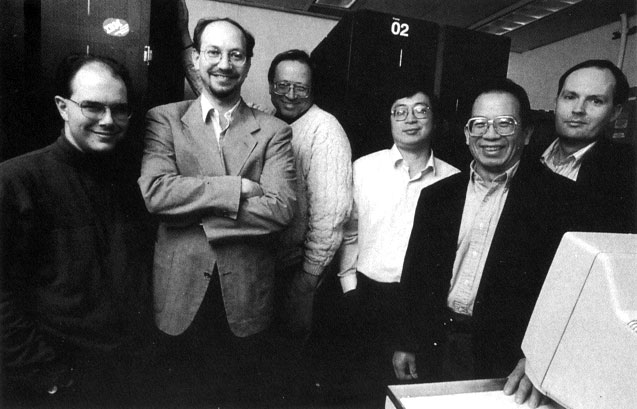

That got me interested in what it would take to create a computer that could play at a high level. But I could recognize that people who were really good at chess had something that I just didn’t have. I certainly did have an interest in the area of chess, I was a chess player before I was a computer scientist - I was champion of my province in Alberta, Canada at one point. On a human level, what was your motivation for getting into this in the first place? Was it personal interest in chess, or was it more of an abstract challenge for computing? "It’s exceedingly difficult to emulate style of play." We actually lost in 1996 but came back the next year with a new and improved system and won in 1997.

So we combined some AI-type advances in algorithms, in search and evaluation, together with a large supercomputer-level machine to produce ultimately world champion-level chess. Our approach was that we realised that a pure brute-force approach wouldn’t be good enough to beat the world champion, but on the other hand having a lot of computing power did make a difference and there was a documented relationship between the strength of a program and how fast it could calculate. We had actually started work on a chess program while we were graduate students at Carnegie Mellon University, and IBM hired the three of us to come and build the next chess machine, which became known as Deep Blue. Deep Blue’s famous victory was nearly 20 years ago - how did you approach the challenge of solving chess and beating Kasparov back then?


 0 kommentar(er)
0 kommentar(er)
